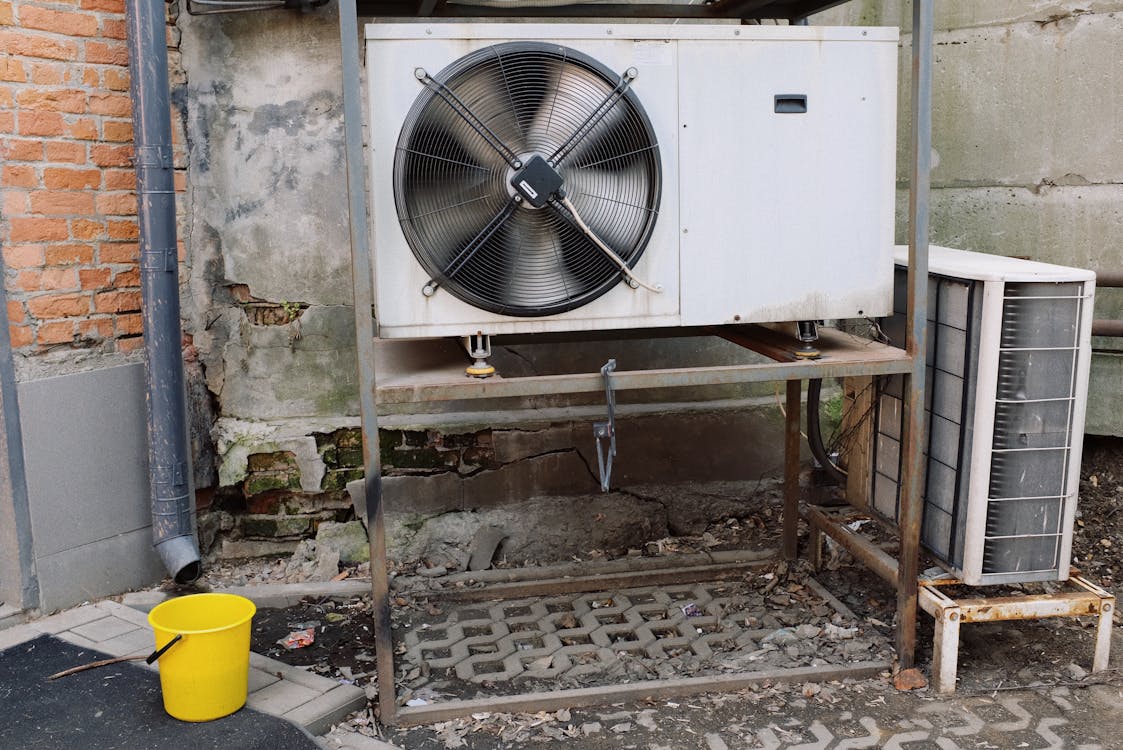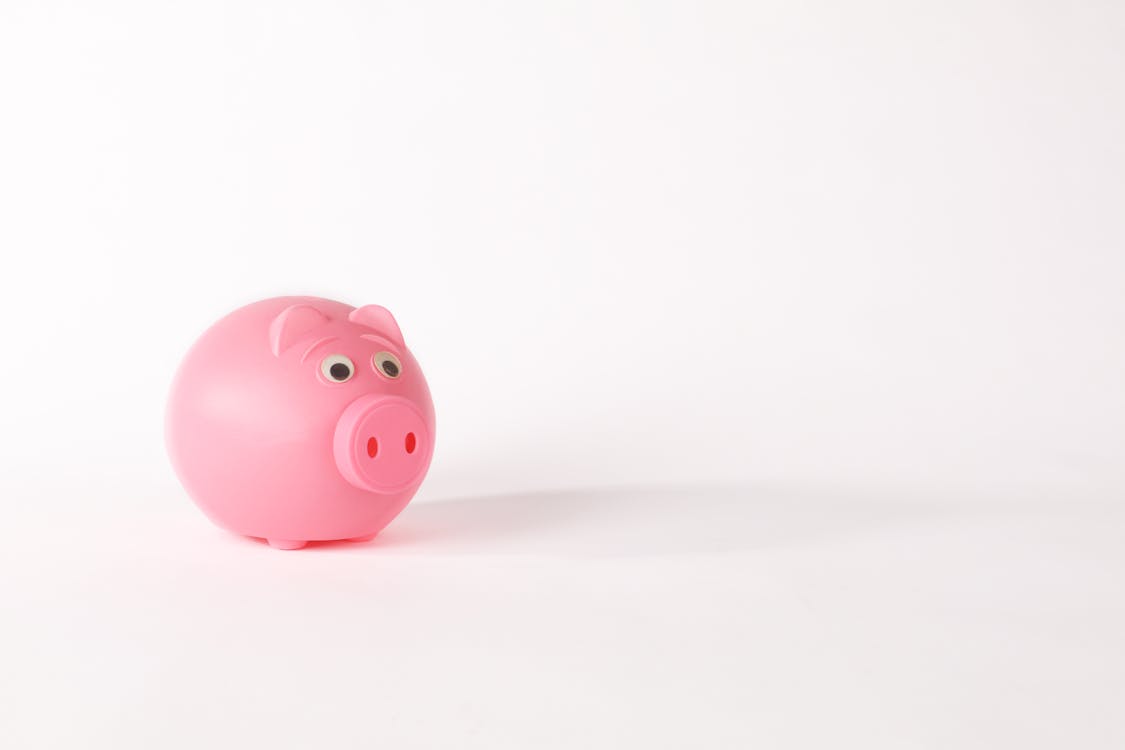It is almost unbelievable that it’s been two years since the pandemic started. For many, the life spent pre-2020 seems like a nostalgic dream.
The drastic change from the carefree atmosphere of 2019 to the restricted, hyper-cautious, and uncertain lifestyle has created this “new normal.” Its characteristics include masks, excessive rubbing alcohol, video calls, and perhaps for many, bad spending habits.
In this article, we’re going to focus on one particular bad habit we all seemed to have adopted: overspending.
Overspending During the Pandemic
It’s not difficult to see where we got this habit from.
The early days of the pandemic saw very strict lockdowns, which made it almost impossible to go outside for anything but a few reasons. This situation resulted in two things: social isolation and unprecedented online access.
Instead of going outside and spending our money on leisure activities, most of us spend money buying things online.

Which has, by the way, become much more effective to cater to the demand brought by the pandemic. The lockdowns were online company’s paradise because people practically had no choice.
Online shopping sites such as Shopee and Lazada rose to prominence, and banks made it easier to buy and sell online. Added to this is the steady barrage of ads, influencers telling us to buy stuff, and everything else in between, and it’s no surprise that these spending habits developed so fast.
But overspending is not good. In an uncertain time when we should be storing our resources, spending too much can put us in a very bad place, very fast.
Thus, we’ve made a list of the top five spending habits you should stop in the new normal.
Five Bad Spending Habits You Should Stop
Disregarding Additional Utility Expenses

Even meticulous people mistake disregarding additional utility bills when allocating making.
These are the little bits of extra that we spend on electricity, water, food, etc., now that we’re all staying at our homes more often.
It’s easy to take these things for granted because they seem like a small scratch in our finances when it happens for a month or two. But almost three years into the quarantines, these new spending habits pile up and accumulate.
On the bright side, you don’t have to stop yourself from spending. Simply taking these into account could help you visualize your budget and train you to spend less.
Pro tip: Examine your utility bills (electricity, water, groceries, etc.) before and after the pandemic and notice how much it changed. Update your budget to allocate for those changes.
Saving Just “Enough”

The savings you’ve been doing before the pandemic may not be enough. This is because the pandemic has caused inflation. Necessities are much more expensive than before the pandemic, from food to building supplies, to gasoline. Whatever you’re buying, it’s more costly.
Not to mention, emergencies are more costly now.
While before, you only had to think of becoming hospitalized for a sudden illness, now you need to think of potentially contracting the virus, quarantines, medicine shortages, and more.
In short, this is not an environment where we can stay complacent. In response, we should be changing our spending habits. Save when you can; don’t save just enough.
Besides, in the new normal where working at home is the new standard, previous expenses such as transportation fees and the like have become less of a burden.
Impulsive Online Shopping

We know you know. Everyone has been spending way too much money on Shopee, Lazada, Zalora, etc.
Through the rise of seamless online shopping, Adulting Pinoys are just a click away from checking out their buys. While it isn’t a bad thing to pamper yourself every once in a while, it is still essential for you to be conscious of the ways you spend your money online.
Pro tip: Disconnect your credit cards, bank accounts, or e-wallets from all of your shopping platforms.
This makes it more difficult for you to buy online, giving you additional time to decide whether you need to buy what you’re about to buy.
Too Much Food Delivery

Like online shopping, Food Pand, Grab Food, and pizza deliveries can be just as addicting and costly.
Of course, you should not feel guilty for pleasurable bites. However, binge eating habits can not only dent your budget but harm your health too.
While at home, try to explore other (cheaper) coping methods such as reading books, exercising, or cooking. When your immune system needs to be at its best, you must remember that health is wealth.
Pro tip: Aside from disconnecting your accounts, you can also create a meal plan that details when you eat takeouts.
This gives you a structured schedule and helps you avoid automatically going online whenever you’re hungry.
Falling for Suspicious Financial Investments

After almost two years of lockdown, it’s understandable that many Filipinos are financially suffering from the effects of the pandemic.
It could be tempting to turn to suspicious money gimmicks. Investments, multi-level marketing, cryptocurrencies, and even government relief can be used by scammers to take away the money of people who are willing to believe in get-rich-quick schemes.
While less-known investment opportunities aren’t always scams, more often than not these promises of quick income are schemes that could dig you into a deeper hole of debt.
To avoid falling for suspicious credit, remember that there are legitimate ways to earn money with fewer risks.
Conclusion
With the way current events have been turning out lately, it’s unlikely that things will change back to the way it was before the pandemic any time soon.
However, this fear should not be used as an excuse to slack in keeping our finances healthy. Instead, use it as motivation to keep your spending habits on track.

While these are admittedly small steps towards financial security, they can still go a long way, especially when we’re all just a hospital bill away from being penniless.









